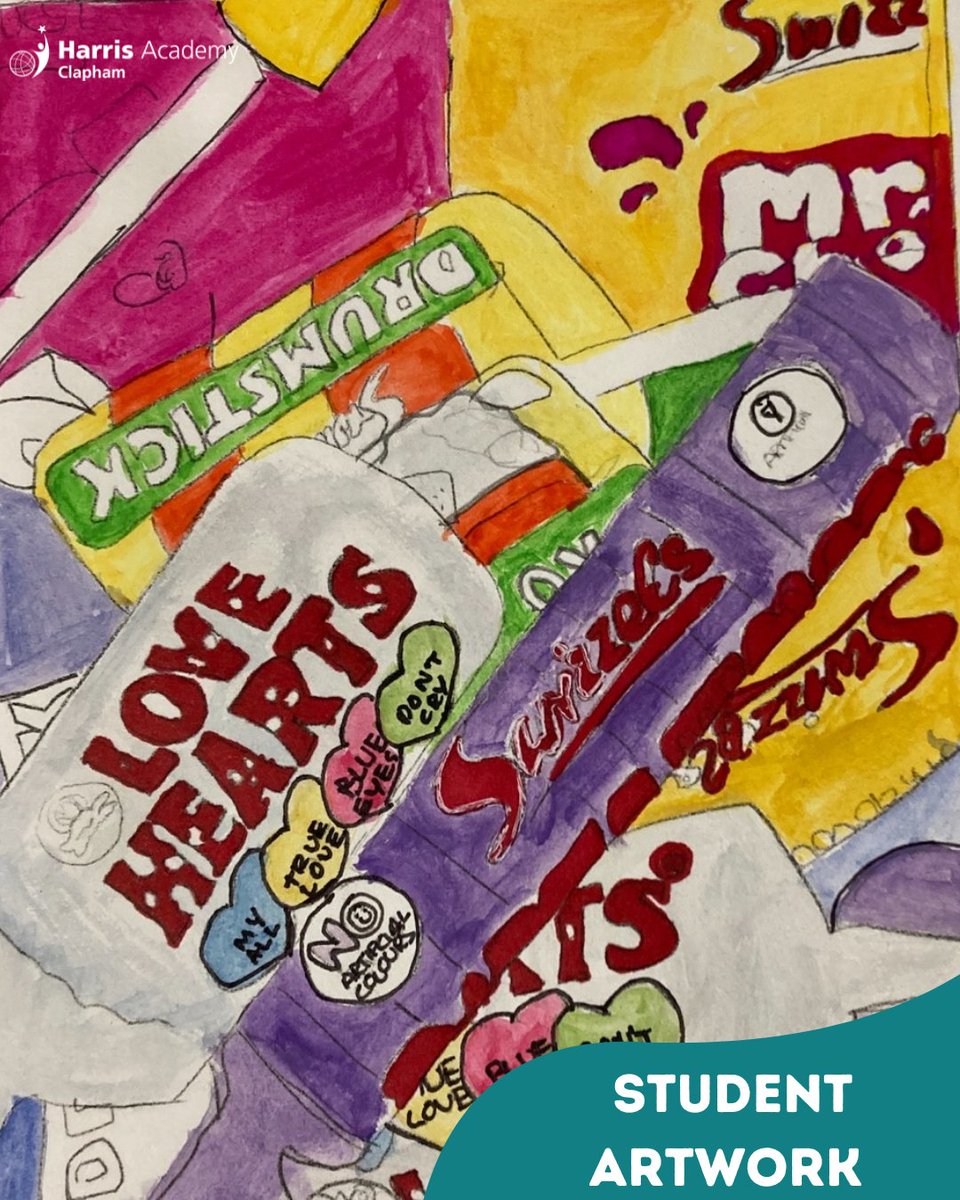
25/02/26
Check out some of our cool student artwork! #StudentArt #Drawing #Talent #HACL
follow us @HarrisClapham

23/02/26
All Year 9 girls took part in an engaging and empowering series of workshops delivered by Action Breaks Silence. Students took part in active demonstrations, practising defensive stances, strikes, and safe disengagement techniques. #HACL #SelfDefence #Confidence #Empowerment
follow us @HarrisClapham
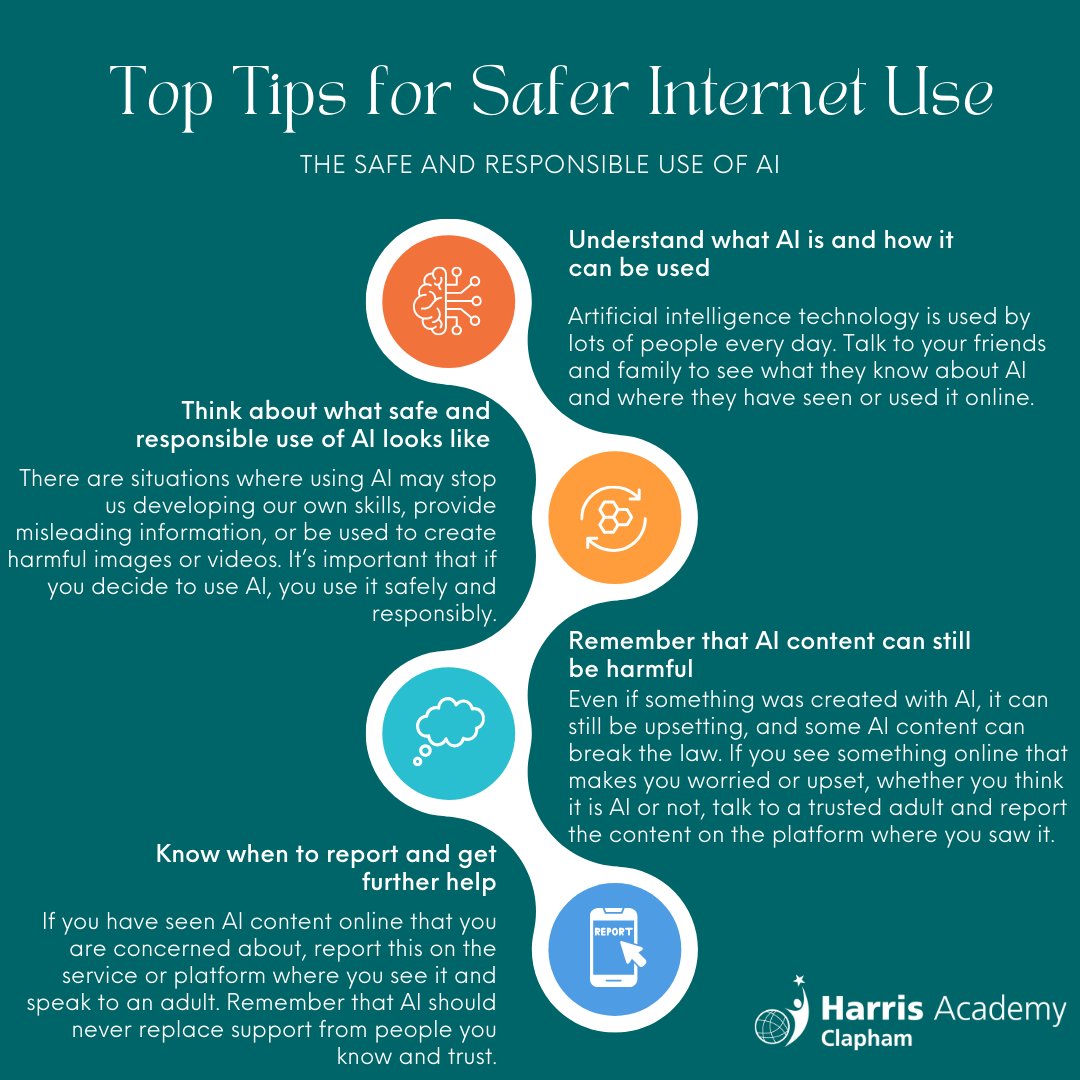
19/02/26
Here are some tips for how to stay safe when using AI! #SaferInternet #HACL #AISafety #TopTips
follow us @HarrisClapham

18/02/26
8 high achieving Year 10 students were taken to the Royal Opera House to watch La Travaita the opera. It was great for the students to watch this is most of them had never watched a opera. #HACL #OperaHouse #Achievments #Trips #SecondaySchool
follow us @HarrisClapham

16/02/26
Hear from Kirk about why he chose Harris Academy Clapham #HACL #StudentVoices #EverythingisPossible Video
follow us @HarrisClapham
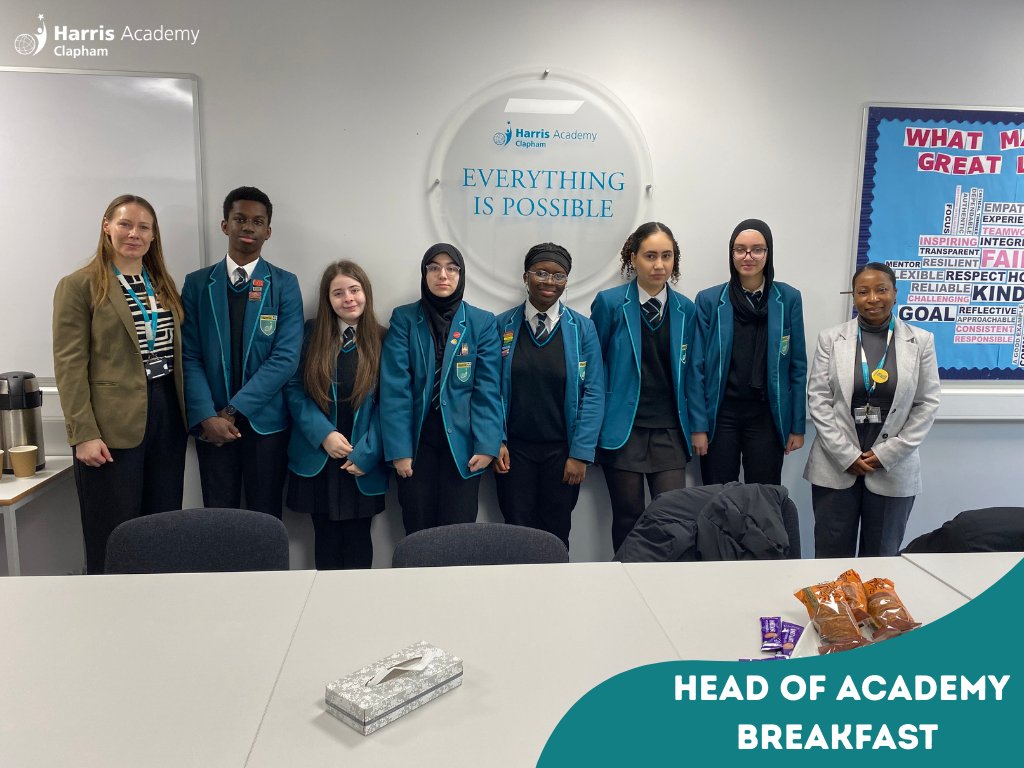
11/02/26
Year 10 students invited to the Head of Academy breakfast with their Assistant Principal, Ms Adewale. Such a lovely way to kick start the week - with students who go above and beyond at the academy. #HACL #Achievement #StudentSpotlight #Breakfast
follow us @HarrisClapham
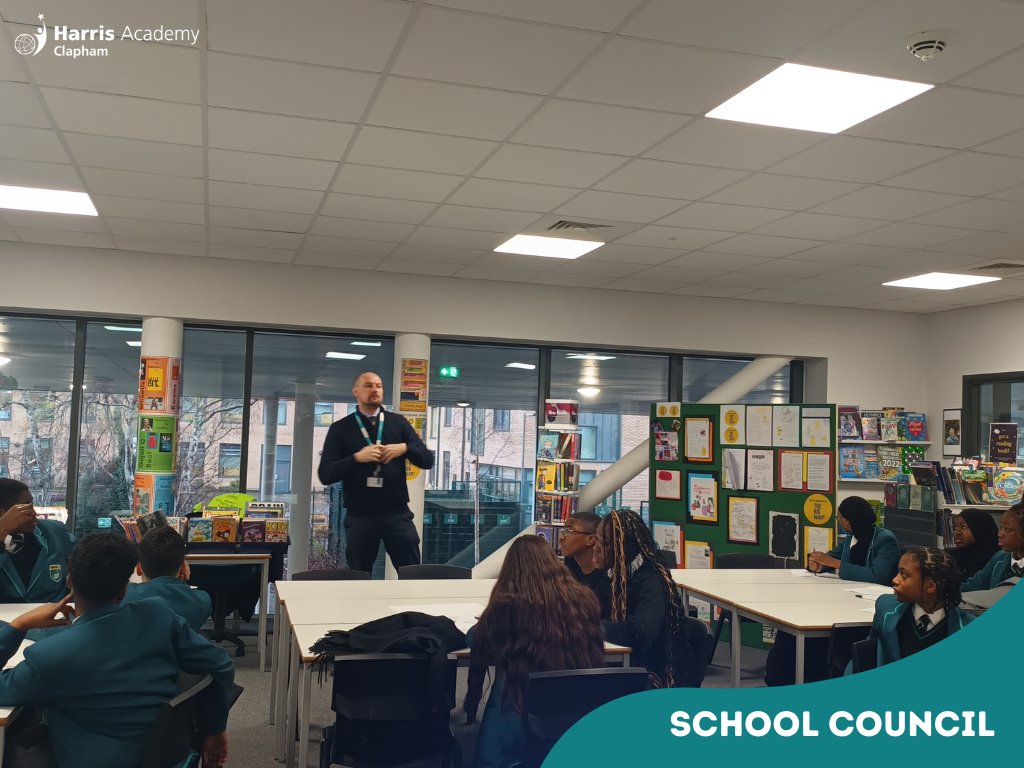
03/02/26
School Council Hitting the Ground Running in 2026! #StudentVoices #SchoolCouncil #HACL
follow us @HarrisClapham
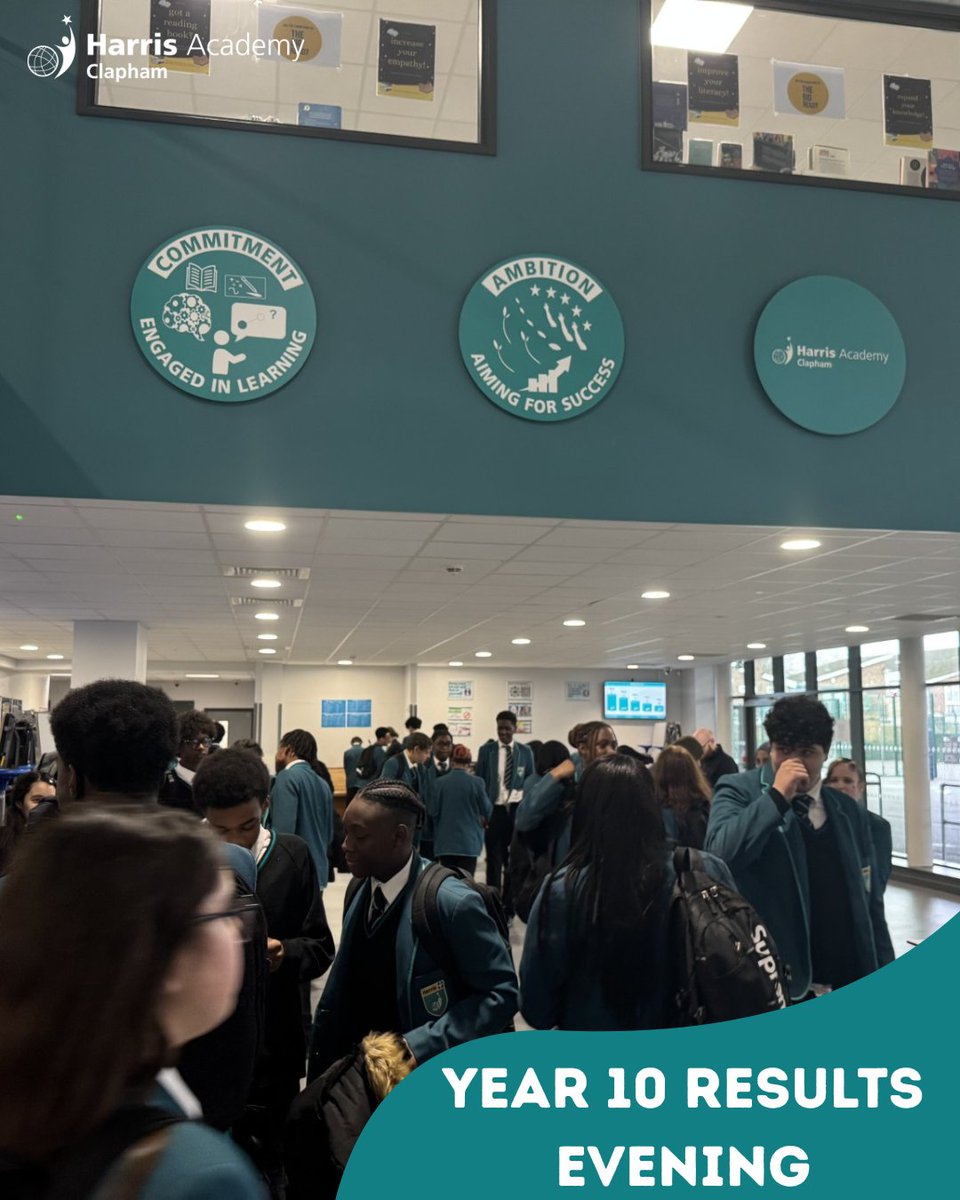
30/01/26
We held an event yesterday to mark Year 10 results ahead of their Parents' Evening. Lots of very happy students who did incredibly well in their first set of GCSE style exams.
follow us @HarrisClapham
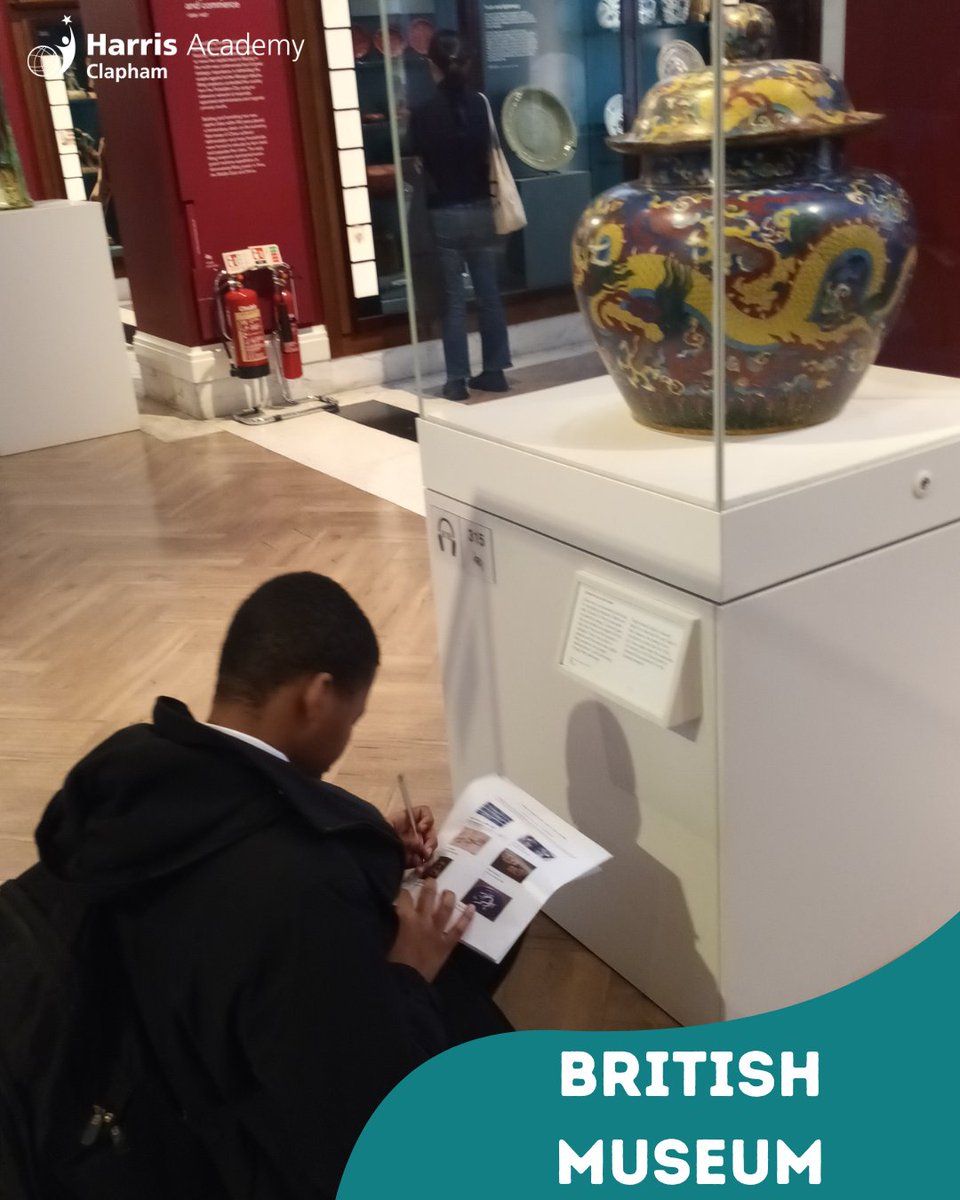
29/01/26
TBT to our trip to the British Museum. #TBT #Museum #SchoolTrip #HACL
follow us @HarrisClapham

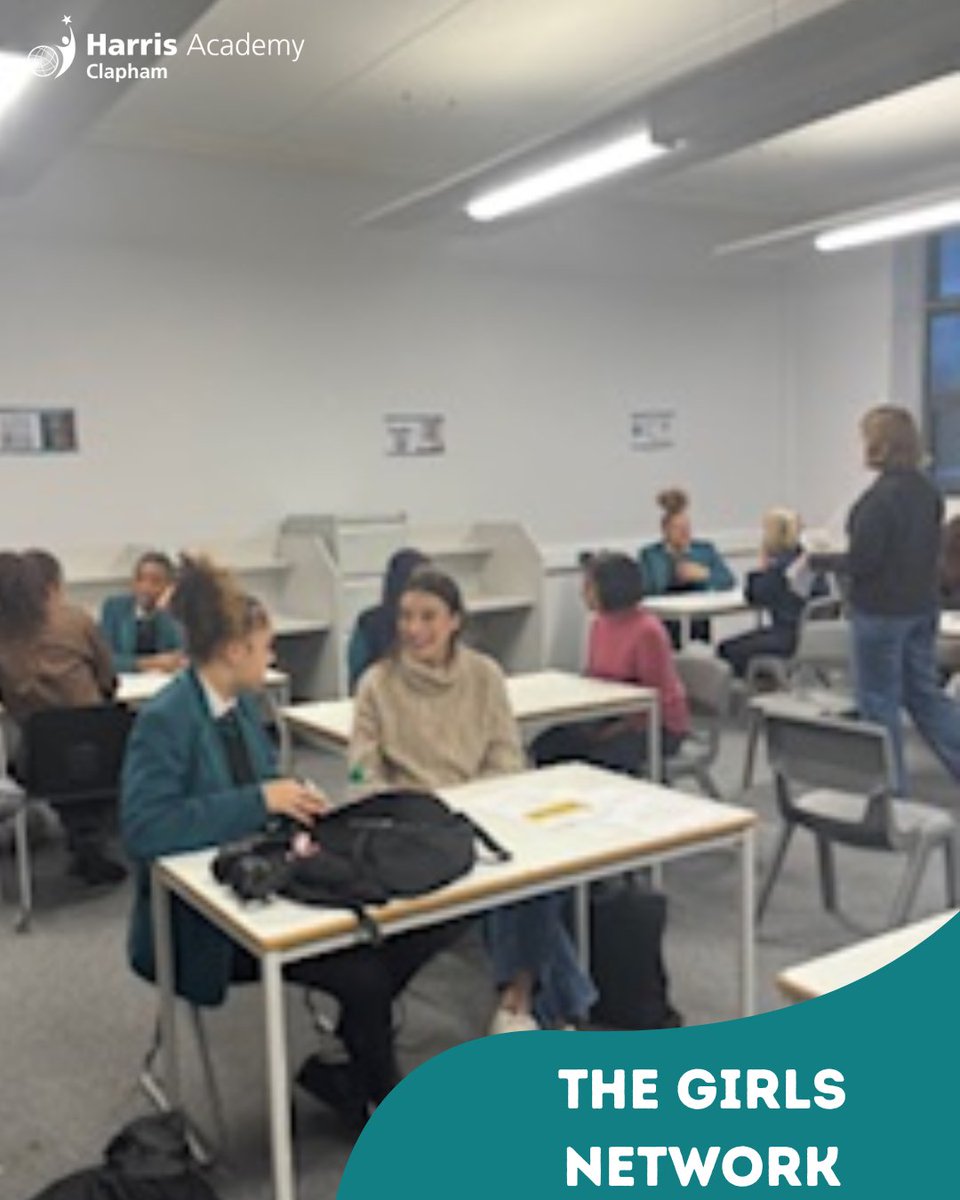
27/01/26
Shout out to the students who stayed behind to meet mentors from 'the Girls network'! #HACL #mentors #thegirlsnetwork #nextgeneration
follow us @HarrisClapham

23/01/26
Hear what some of our brilliant Year 7 students have to say about Harris Academy Clapham! #StudentVoices #HACL #secondaryschool #harrisclapham Video
follow us @HarrisClapham
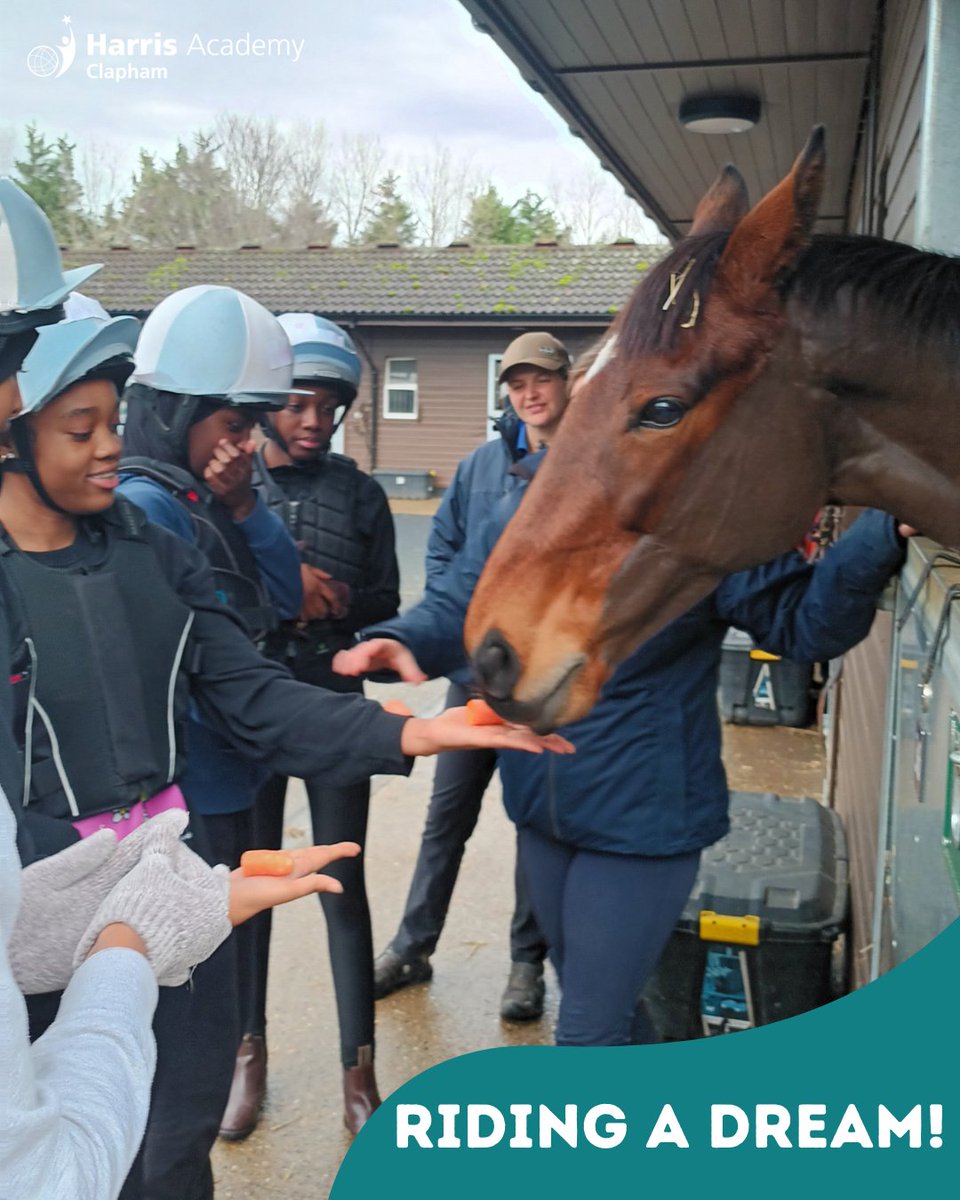
22/01/26
TBT to our visit to The British Racing School in Newmarket! #TBT #HACL #opportunity #horseriding #schooltrip
follow us @HarrisClapham

20/01/26
Applications are now open for Harris Clapham Sixth Form! They have lots of A-Level and Vocational courses available. Visit their website via @harrisclapham6thform to find out more. #HACL #HACL6 #Post16
follow us @HarrisClapham

12/01/26
Hear what Afnan and Millie Rae have to say about HACL! #StudentVoices #HACL #WhatMakesUsSpecial Video
follow us @HarrisClapham
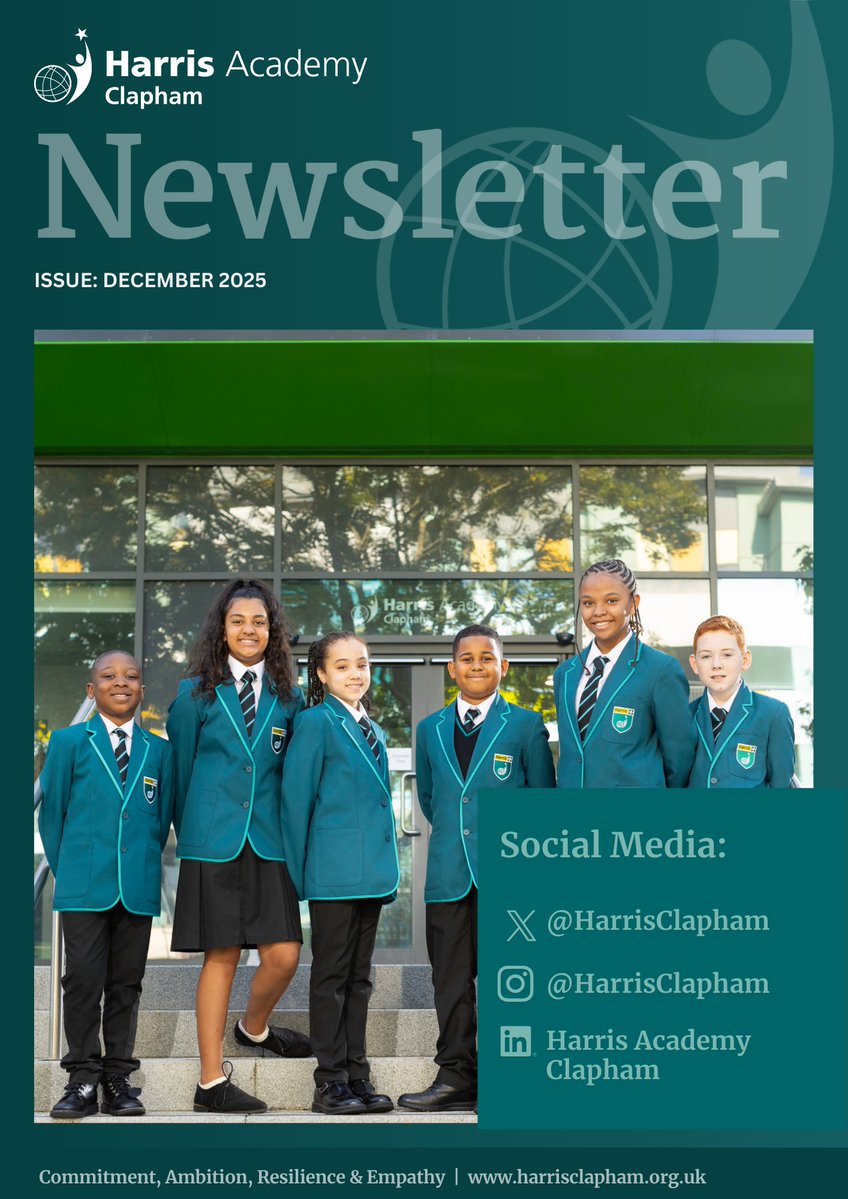
09/01/26
Please read the December edition of our Newsletter either via the link below or on our website! #HACL #Newsletter #StudentStories canva.com/design/DAG8PK1gbUY…
follow us @HarrisClapham

06/01/26
Welcome back to all of our students and staff! We hope you are well rested and enjoying the snow. #HACL #Winter #BacktoSchool
follow us @HarrisClapham

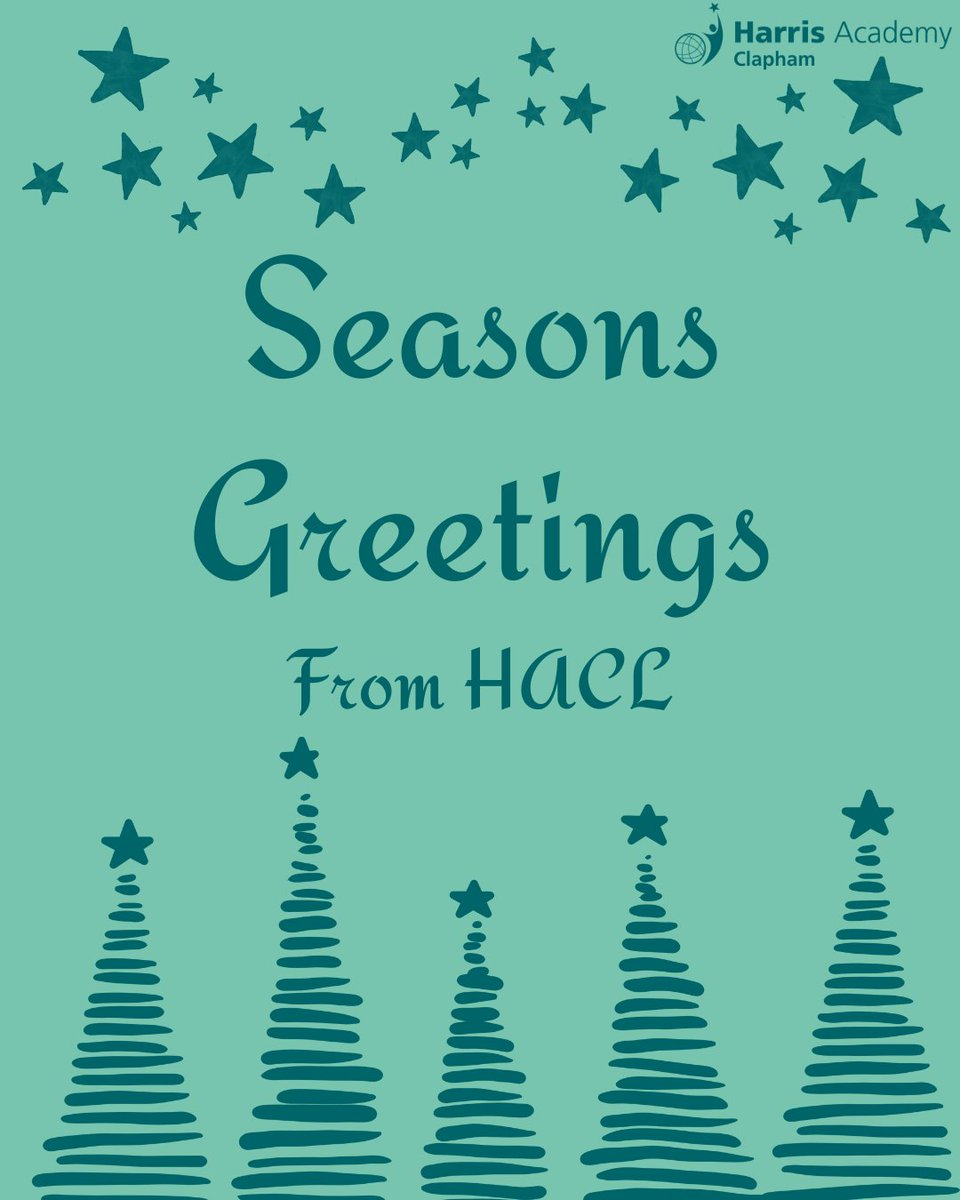
23/12/25
Wishing everyone a happy holiday and a restful break from all of us here at HACL! #holiday #winter #hacl
follow us @HarrisClapham

10/12/25
We are excited to announce our November Newsletter! You can read it via this link: canva.com/design/DAG3Llsc0o4…
follow us @HarrisClapham


